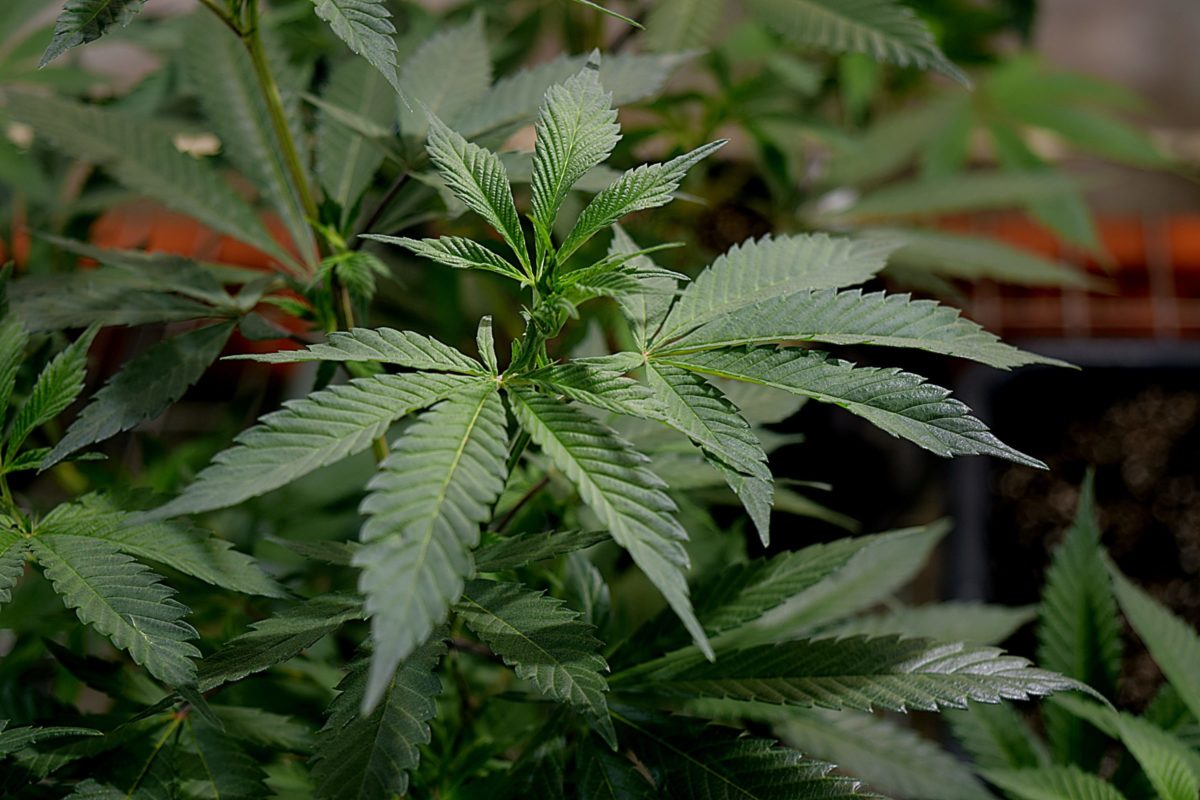Cannabis as an International Commodity

Cannabis legalization is a global movement. Currently, 29 nations have some form of medical cannabis laws in place. An equal number of American States have legalized cannabis to some degree. What may be most interesting is that nearly 10 nations have some Treaty or Agreement that allows for the international import and export of cannabis. The list notably includes Canada, but does not include the United States.
Canadian corporations like Cronos Group, Tweed, and Tilray have established facilities in the European Union, Israel, Canada, and Australia. They’re working with leading biochemists, agricultural scientists, and pharmaceuticals experts from around the world.
Often, Canadian exported cannabis is re-distributed by firms like Bedrocan, a Netherlands-based company. They ship product throughout the EU and to Australia. The Dutch Office of Medical Cannabis exports to Italy, Germany, and Finland.
Even in nations where cannabis is strictly illegal, the knowledge, methodology, and science is being shared across borders. Seeds, clones, and technology are frequently shipped and sold all over the world.
In the United States, cannabis is still a Schedule I controlled substance. While a patent is held by the United States Department of Health and Human Services on the therapeutic benefits of non-psychoactive cannabinoids, the Controlled Substances Act states that any Schedule I substance has no medical application.
As such, while 29 states in America have legalized cannabis, it cannot be transported between states in any way. Even in states with cannabis legalization, licensed businesses face prohibitionary efforts by law enforcement agencies, such as happened in December, 2017, in Mendocino, California. Police stopped drivers employed by Old Kai Distribution while hauling over 1,800 pounds of cannabis. California’s full legalization does not go into effect until January 1, 2018, and a legal method to transport the cannabis on State Highways does not yet exist.
Cannabis has quickly become an international industry, and while the United States may have lead the way in some aspects of normalization and industrialization of cannabis production, the archaic inter-state laws surrounding it’s sale or transport greatly impede the growth of the American cannabis industry, while Canadian, Dutch, and Australian cannabis companies begin to dominate the global market.
by: Michael “the Aging Ent” Schroeder, owner, Green Owl Media
